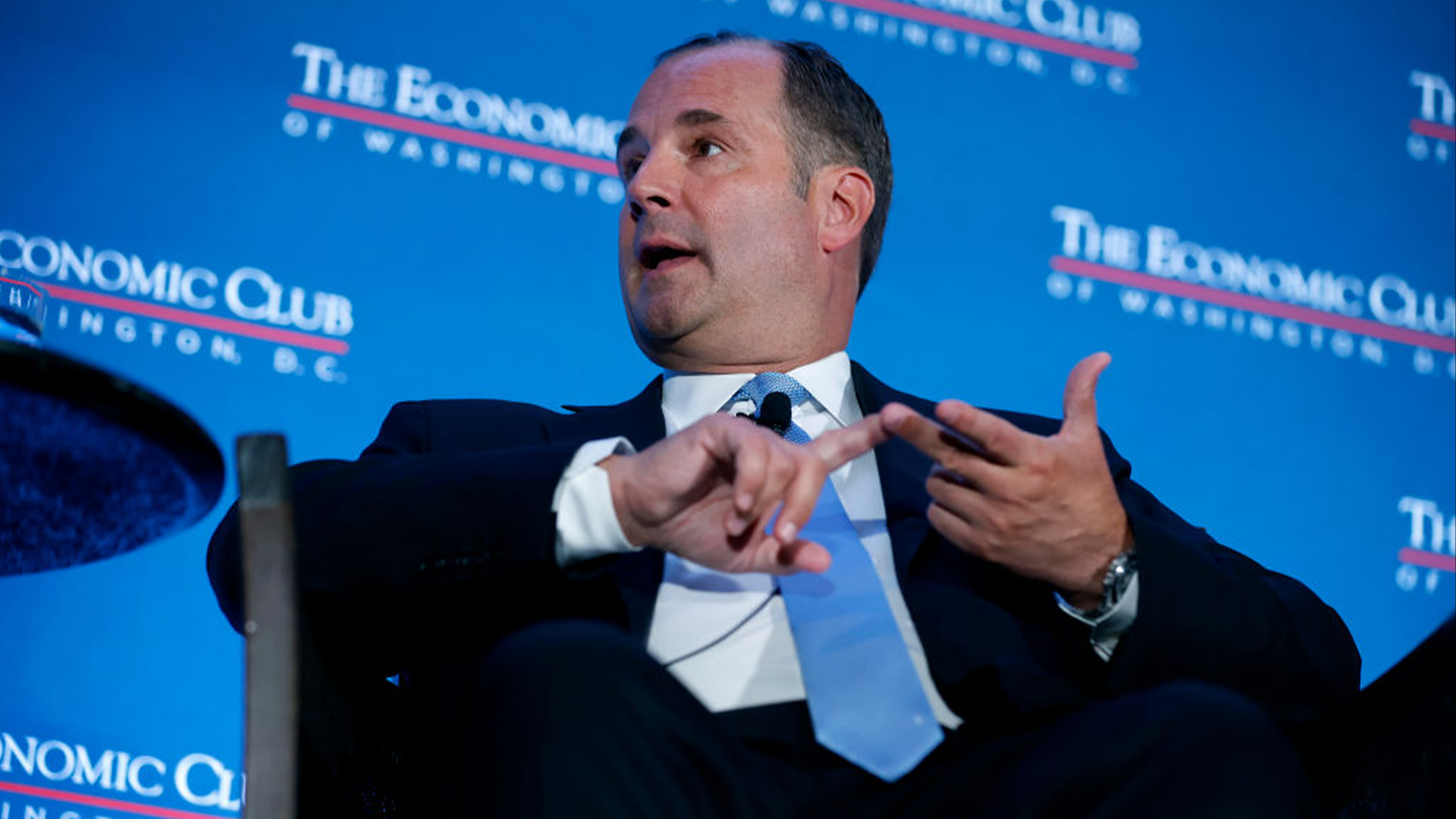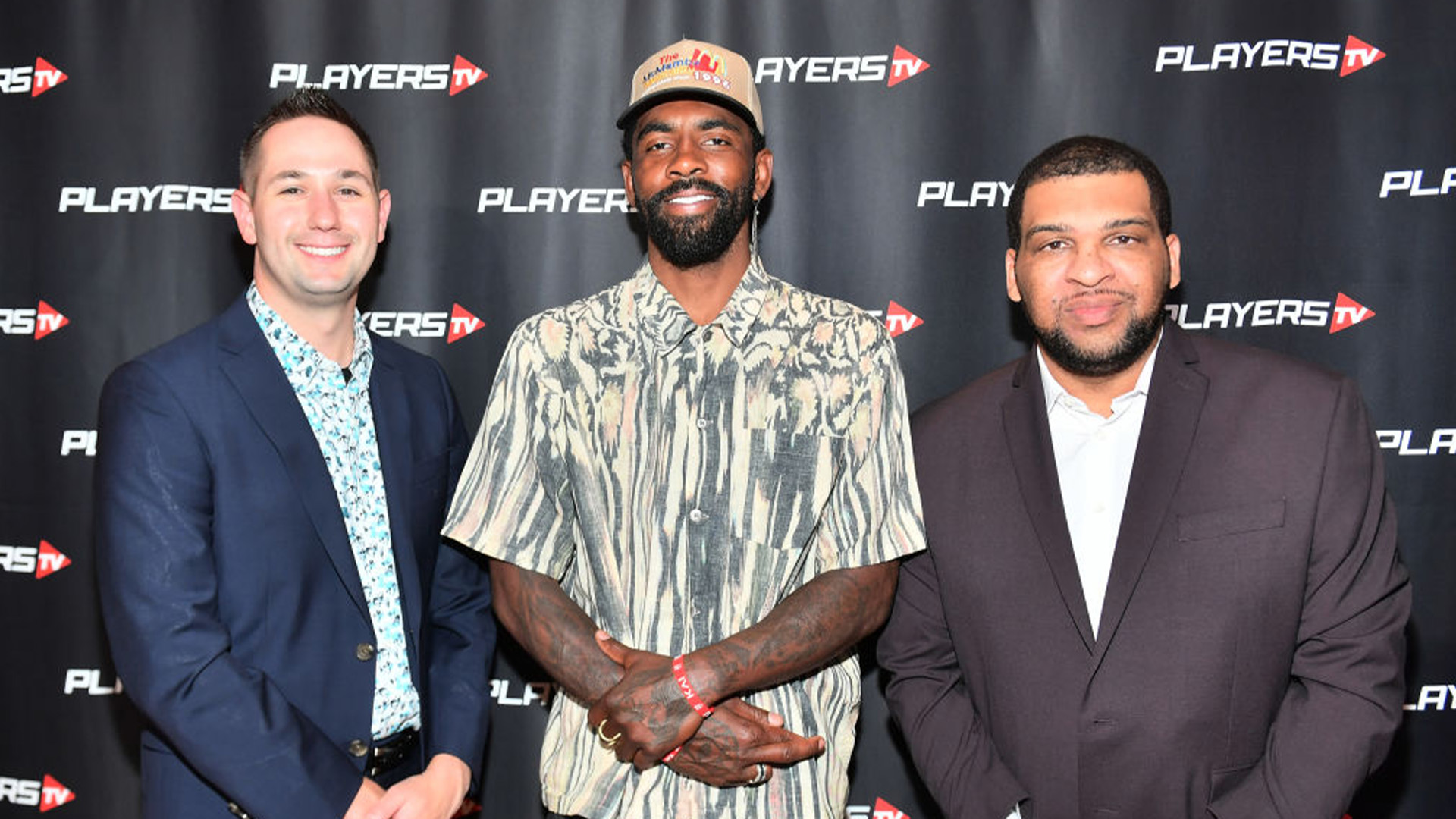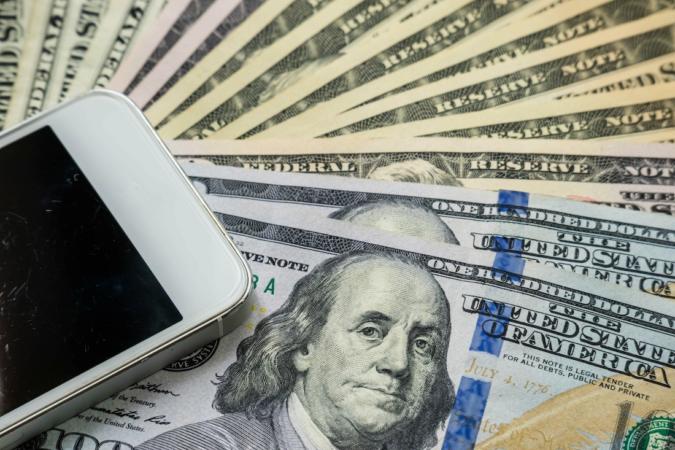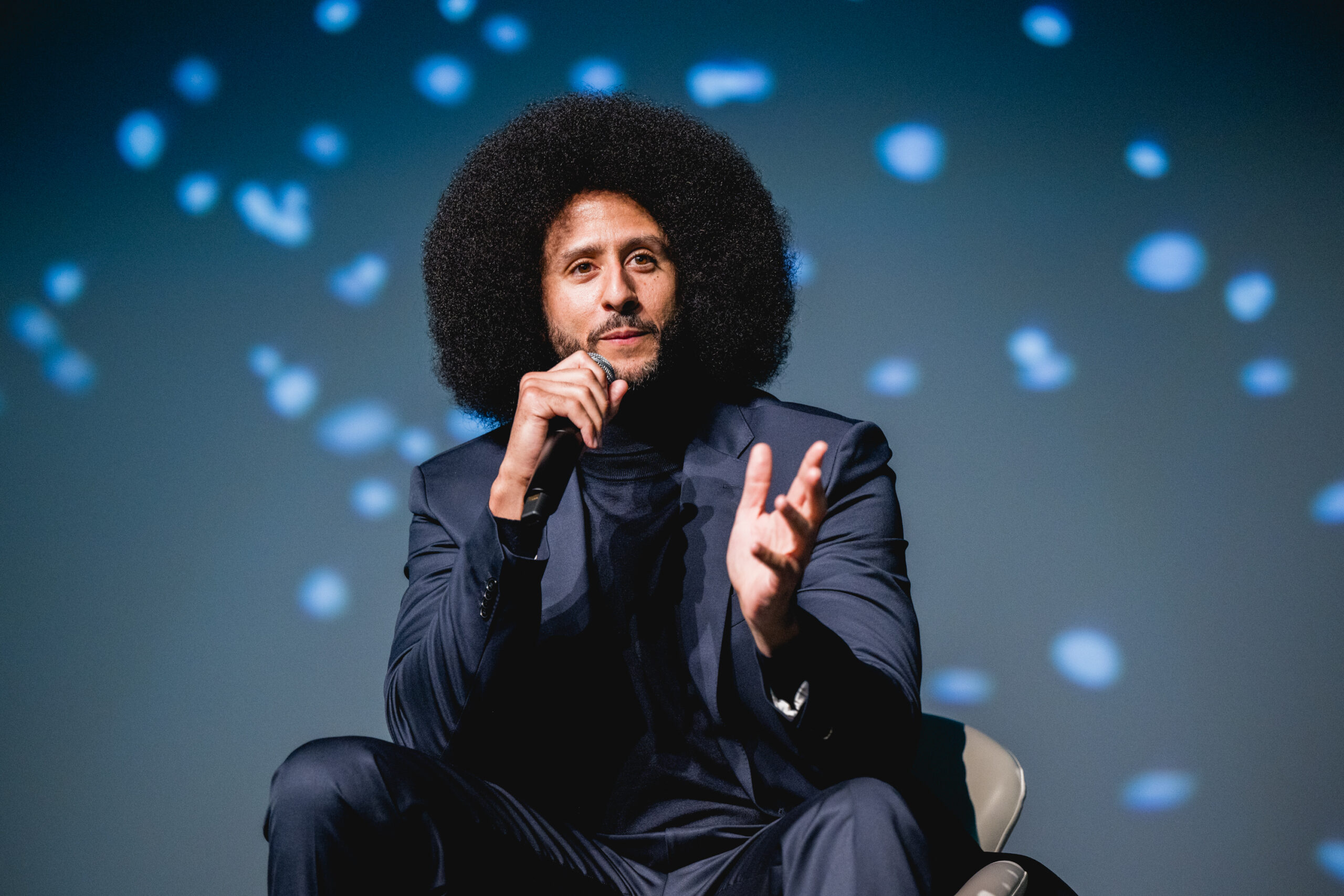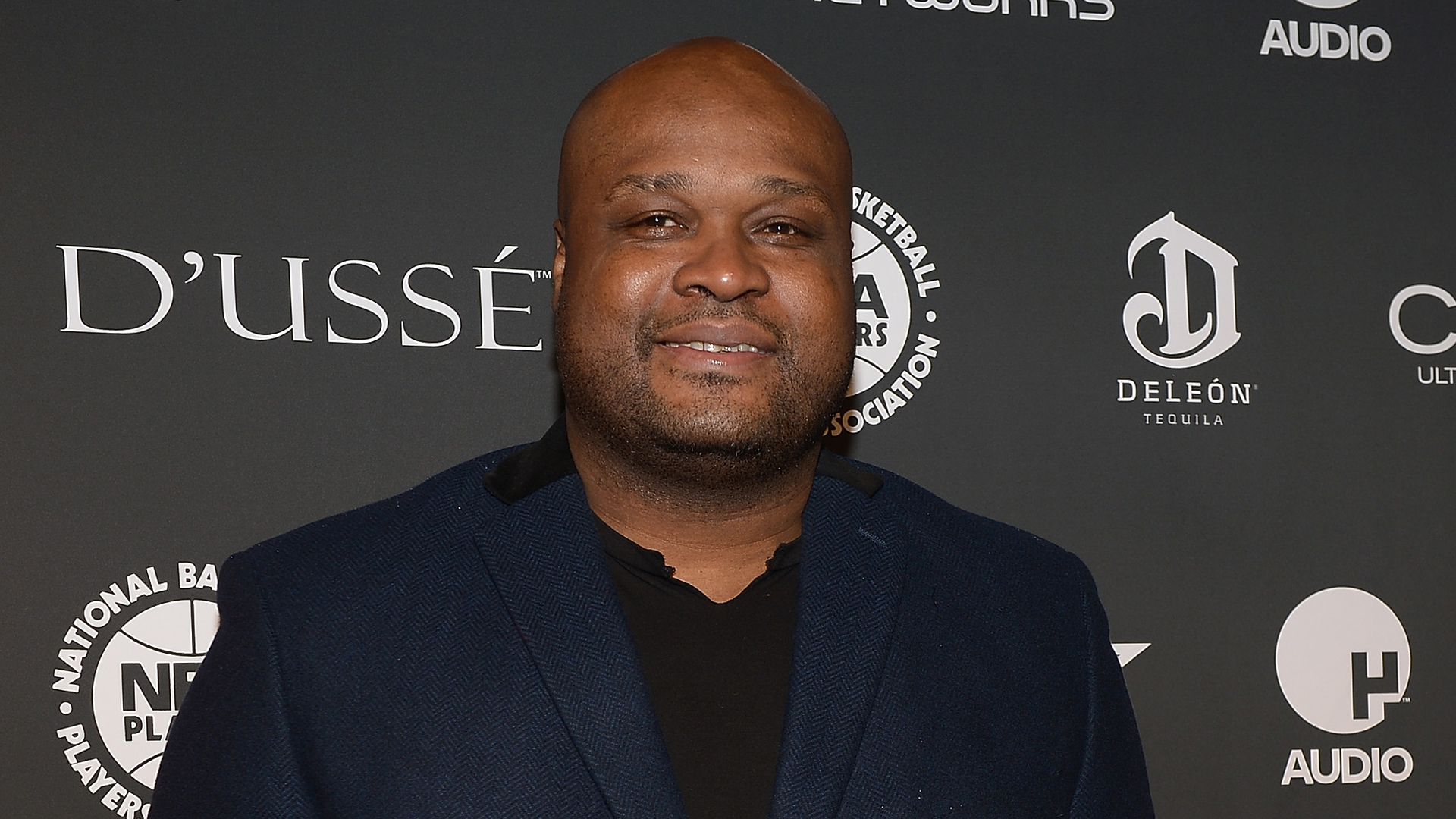Drake has been making headline after headline lately — and for all the right reasons.
As AfroTech previously reported, his $400 million deal with Universal Records was reported as “one of the biggest” in the music industry.
Before he even signed the blockbuster deal, Drake had a $200 million net worth (even though he said “the numbers are way off” in “The Remorse”) and had invested in a wide variety of businesses, making him a “certified millionaire” by every definition of the word.
Things, however, weren’t always a “Fair Trade” for the Toronto native. Prior to becoming a juggernaut himself, he signed a bad deal with Cash Money Records, led by Bryan “Birdman” Williams and Ronald “Slim” Williams. And while Cash Money certainly raised the “Scorpion” king’s profile exponentially — as they’d done with the likes of Lil Wayne and Nicki Minaj — he still had to take them to court for millions of dollars.
Let’s take a look back at the details.
The Basis of the Lawsuit
According to The Hollywood Reporter, it wasn’t Drake, himself, that brought the lawsuit against Cash Money Records . It was Aspire Music Group, led by Jas Prince and co-founded by Lil Wayne’s former manager Cortez Bryant, who claimed that the label was withholding Drake’s royalties, and was suing on behalf of the artist.
“Aspire claims that in 2008, it signed an exclusive recording agreement with Drake, then entered into an agreement in June 2009 with Cash Money Records that would allow Drake to record for the label in exchange for one-third of the net profits of his first six albums and one-third of the copyrights of his master recordings for those same albums, as well as monthly accounting and payments. As laid out in court documents, those albums are 2009’s ‘So Far Gone,’ 2010’s ‘Thank Me Later,’ 2011’s ‘Take Care,’ 2013’s ‘Nothing Was the Same,’ 2015’s ‘If You’re Reading This, It’s Too Late’ and 2016’s ‘Views,'” reported the outlet.
Cash Money reportedly never paid out a dime. And while, initially, Aspire wasn’t clear on how much money was due to them as a result of the deal, they’d demanded that the court audit the books.
The Outcome
According to Complex, the matter initially got very ugly when Cash Money Records filed a countersuit against Aspire. But, in 2019, the matter was dismissed when both parties agreed to drop the claims against one another.






